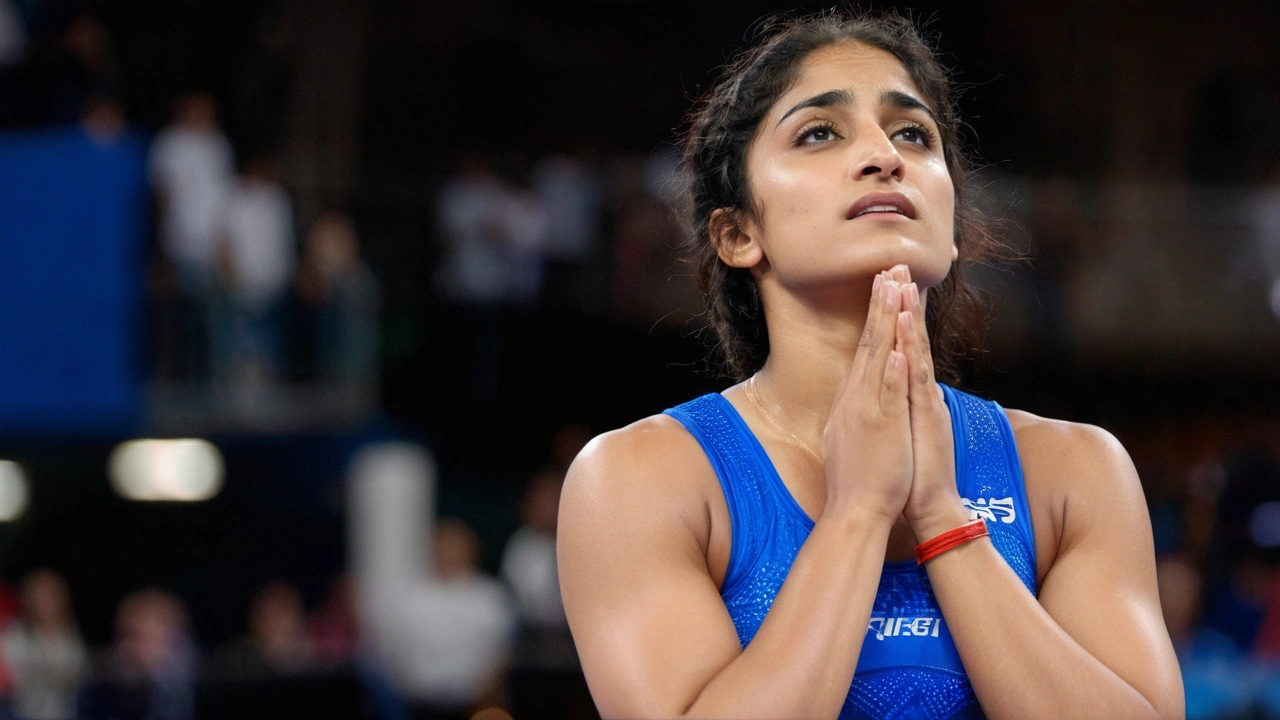Silver Medal Appeal: How Athletes Challenge Results and Seek Upgrades
Losing a medal by a hair or seeing a teammate disqualified can sting. If you think a silver medal should be yours, an appeal might change the result. This guide explains who can appeal, typical grounds, timelines, and practical steps to boost your chance of success.
How appeals work
Most competitions have a tiered process. First, the competition jury or referee handles immediate protests after the event. If that fails, the national federation can lodge a formal protest with the sport's international federation. For major events like the Olympics, appeals can go to the Court of Arbitration for Sport (CAS). Each level has strict deadlines and evidence rules.
Common reasons for a silver medal appeal include:
- Doping test failure by the declared winner.
- Clear judging or scoring errors caught on video.
- Rule misapplication or misinterpretation during the event.
- Eligibility problems such as nationality or age fraud.
Evidence matters. Lab reports, timestamped video, official score sheets, witness statements and medical records are the kinds of proof that sway panels. Missing or late evidence often sinks claims.
Practical steps to take
Start fast. Most rules demand a protest within hours or days after the result. Check the event rulebook for exact deadlines. Preserve everything: video files, timing system data, gear, and medical notes. Notify your coach and national federation immediately so they can act on your behalf.
Hire legal or sports law help if the issue is complex or the stakes are high. A lawyer familiar with sports arbitration understands procedural traps and can prepare an appeal brief for bodies like CAS. Expect costs: filing fees, expert reports and travel. Some federations offer support; ask early.
What to expect
Appeals are rarely quick. Initial protest decisions may come within days, but formal arbitration can take weeks or months. If a disqualification for doping occurs, results may be changed retroactively, and medals reallocated. In some cases, athletes receive a formal apology; in others, the decision stays the same.
Tips for athletes and fans
- Know the rulebook before competing. Small clauses matter.
- Record and back up your own footage when possible.
- Get witnesses to sign brief statements right after the event.
- Keep medical and equipment logs current.
- Work with your federation; independent appeals rarely succeed without official backing.
When appeals fail
If an appeal is denied, options narrow. You can sometimes seek a review or appeal to a higher body, but only within allowed timeframes. Consider mediation for disputes involving costs or reputation. Manage expectations: not every close loss becomes a medal upgrade.
If you want help understanding a specific case, bring the event rulebook, timelines and any evidence. I can walk you through next steps and likely outcomes based on the sport and governing body.
Timing, paperwork and calm communication are the secret weapons. Keep copies, stay polite, and focus on facts. I can review documents and suggest best next moves. Contact me now.
- August 10, 2024
- Comments 14
- Sports

